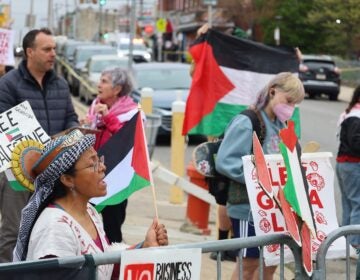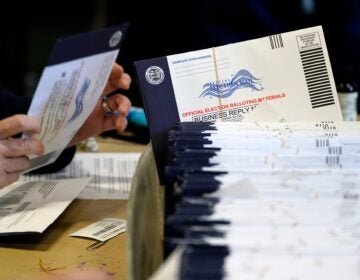What sister city of Philadelphia is as big as New York, Los Angeles, and Chicago combined?
What city is unknown to most Americans, but is as big as America’s three largest cities put together? The answer is Tianjin, in the People’s Republic of China, with a population of about 14 million. Tianjin became a sister city of Philadelphia in 1980.
Tianjin has a long history of contact with foreigners. Britain and France established extraterritorial concessions in Tianjin in 1860 after the second Opium War in which the foreign powers forced China to accept the importation of opium. Other foreign powers also demanded extraterritorial concessions in Tianjin both before and after the 1900 Boxer Rebellion in which China tried but failed to expel the foreigners.
Because of its location as a port and trading center for North China and its temperate climate and attractiveness, Tianjin ended up with more foreign concessions than any other city in China. Besides Britain and France, Germany, Japan, Russia, Belgium, Italy, Austria-Hungary, and the United States all sent troops to Tianjin to maintain order in their respective concessions which were governed like colonies.
The foreign concessions ended in the wake of World War II and the Chinese civil war which led to the founding of the People’s Republic of China in 1949 by the Chinese Communist Party. But while they lasted, the foreign concessions were critical for the introduction of western ideas about science, education, commerce, industry, and culture into China. Today in Tianjin the distinctive architecture of the foreign concessions remains and is being protected and restored by the local government.
Around the historic concession districts, a booming commercial and industrial center has arisen, with dramatic skyscrapers sprouting up like bamboo shoots after a spring rain (to use a Chinese phrase). China’s commitment to developing an automobile based economy has resulted in huge traffic jams within the city, and modern highways outside the city that resemble German autobahns as luxury vehicles zoom around at very high speeds.
Elite high schools and colleges in Tianjin attempt to maintain the traditions established as the earliest modern schools in China. Shops, shopping malls and restaurants line the commercial streets.
Along with the challenges of supplying a billion people with food and energy, China must also find jobs for a growing population already burdened with unemployment and underemployment exceeding that of any developed western country. Perhaps that explains the obvious over-staffing at most businesses. Most stores have sales people standing around waiting for customers, or washing windows, or texting on their cell phones, or just sleeping on the job. Arriving passengers at an airport may be greeted by an airport staff member holding a paper sign stating at which carousel to claim baggage. Restrooms in many facilities have permanent staff to maintain them at all times.
Because jobs are scarce and pay is low, entrepreneurship in China is flourishing. New shops and businesses are starting up everyday, and a protracted real estate boom continues, though some now see a bubble and predict a downturn in the real estate market. Opportunities are especially great for anyone fluent in both Chinese and English.
There’s so much happening here that it’s difficult to comprehend it all. Or as one recent arrival said, “You don’t know how much you don’t know until you come to China.”
WHYY is your source for fact-based, in-depth journalism and information. As a nonprofit organization, we rely on financial support from readers like you. Please give today.




